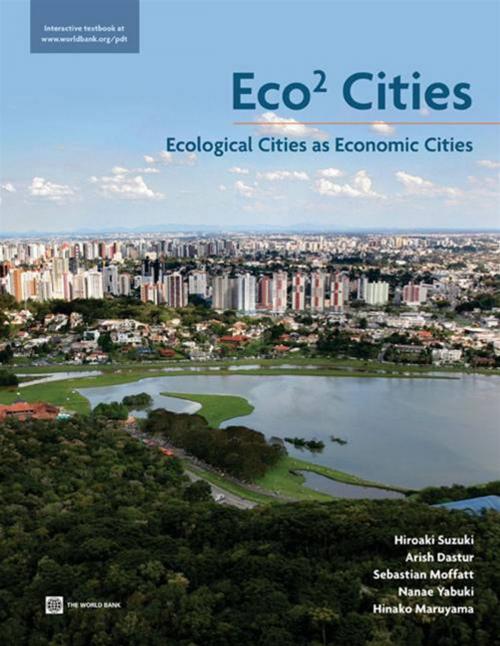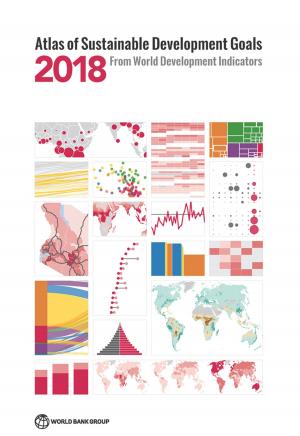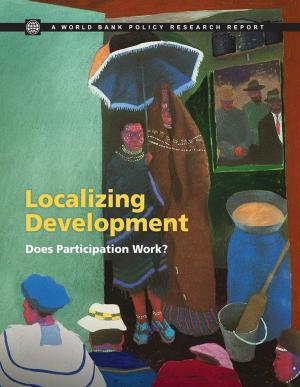Eco2 Cities: Ecological Cities As Economic Cities
Nonfiction, Social & Cultural Studies, Political Science, Politics, City Planning & Urban Development| Author: | Suzuki Hiroaki; Dastur Arish; Moffatt Sebastian; Yabuki Nanae; Maruyama Hinako | ISBN: | 9780821380468 |
| Publisher: | World Bank | Publication: | May 4, 2010 |
| Imprint: | Language: | English |
| Author: | Suzuki Hiroaki; Dastur Arish; Moffatt Sebastian; Yabuki Nanae; Maruyama Hinako |
| ISBN: | 9780821380468 |
| Publisher: | World Bank |
| Publication: | May 4, 2010 |
| Imprint: | |
| Language: | English |
The Eco2 Cities approach is a point of departure for cities that would like to reap the many benefits of ecological and economic sustainability. It provides an analytical and operational framework that offers strategic guidance to cities on sustainable and integrated urban development. At the same time case studies are used throughout the book to provide a matter-of-fact and ground-level perspective. The Eco2 framework is flexible and easily customized to the context of each country or city. Based on the particular circumstances and the development priorities of a city - the application of the framework can contribute to the development of a unique action plan or roadmap in each case. This action plan can be triggered through catalyst projects. To support this framework, the book also begins to introduce some powerful and practical methods and tools that can further enable sustainable and integrated city planning and decision making. These include 1) operational and process methods that can strengthen collaborative decision making and cross-sector synergies in a city; 2) analytical methods ranging from diagnostics, simulation, design and scenario-generation; and 3) accounting and benchmarking methods which can help clarify, define and measure what it means to truly invest in sustainability and resilience. As additional reference reading, the book also features a series of case studies from best practice cities around the world, each demonstrating a very different dimension of the Eco2 approach. It also features a series of infrastructure sector notes (on spatial development, transport, energy, water and waste management), each of which explore sector specific issues as they pertain to urban development, and the many opportunities for coordination and integration across sectors.
The Eco2 Cities approach is a point of departure for cities that would like to reap the many benefits of ecological and economic sustainability. It provides an analytical and operational framework that offers strategic guidance to cities on sustainable and integrated urban development. At the same time case studies are used throughout the book to provide a matter-of-fact and ground-level perspective. The Eco2 framework is flexible and easily customized to the context of each country or city. Based on the particular circumstances and the development priorities of a city - the application of the framework can contribute to the development of a unique action plan or roadmap in each case. This action plan can be triggered through catalyst projects. To support this framework, the book also begins to introduce some powerful and practical methods and tools that can further enable sustainable and integrated city planning and decision making. These include 1) operational and process methods that can strengthen collaborative decision making and cross-sector synergies in a city; 2) analytical methods ranging from diagnostics, simulation, design and scenario-generation; and 3) accounting and benchmarking methods which can help clarify, define and measure what it means to truly invest in sustainability and resilience. As additional reference reading, the book also features a series of case studies from best practice cities around the world, each demonstrating a very different dimension of the Eco2 approach. It also features a series of infrastructure sector notes (on spatial development, transport, energy, water and waste management), each of which explore sector specific issues as they pertain to urban development, and the many opportunities for coordination and integration across sectors.















